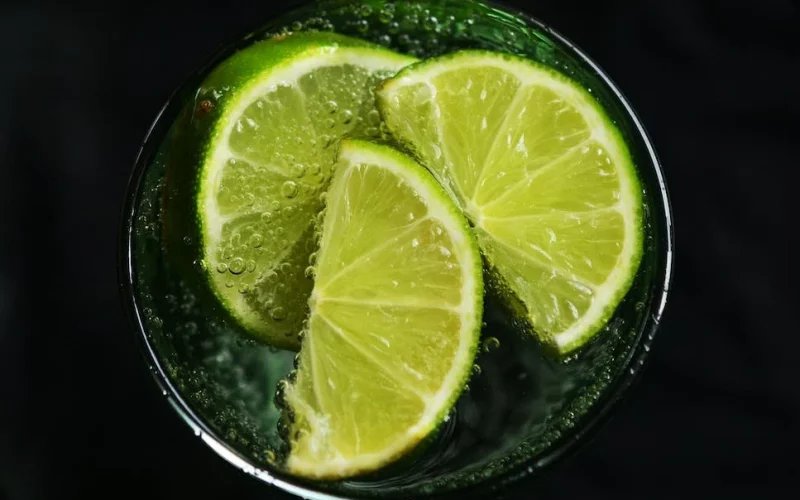Sips of sparkling water can keep you hydrated and reduce your soda intake. The popularity of sparkling water has increased in recent years. According to an April 2021 report by Grand View Research, it’s now a nearly $30 billion industry and is expected to grow at more than 12% per year through 2028.
One of the reasons for this boom is that health-conscious consumers are turning to bottled water as a sugar-free alternative to carbonated sodas and fruit juices. These fizzy drinks can also help you reach your hydration goals. But is sparkling water as healthy as it sounds? Here’s what you need to know.
What does sparkling water contain?
While sparkling water may sound fancy, it’s usually just plain water infused with pressurized carbon dioxide. Other types of sparkling water, including sparkling water, have subtle differences that set them apart from sparkling water. Sparkling mineral water is naturally rich in minerals and can be naturally or artificially carbonated. To make regular sparkling water more appealing, companies often add flavorings.
The truth about carbonated water and its health effects
Myths about the fizzy drink persist, including claims that fizzy water can erode tooth enamel. A study published in April 2016 in the Journal of the American Dental Association collected data on the pH of 379 beverages and found that Perrier sparkling water had a low erosion potential, while S. Pellegrino natural gas sparkling water had slightly more. They have a pH of 5.25 and 4.96, respectively, while Coca-Cola has a pH of 2.37 (a low pH indicates a higher potential for erosion; plain water has a neutral pH from 7). While sparkling water isn’t as safe for your smile as regular water, it’s nowhere near as risky as soda or regular fruit juice — plus it doesn’t contain added sugars, which according to a study by the Oxford Journal of Public Health, published in September 2018 .
Added to this was the fear that soft drinks could lead to weight gain. In a rodent study, levels of the hunger hormone ghrelin increased after consuming soft drinks. However, that study, published in the September-October 2017 issue of the journal Obesity Research and Clinical Practice, has faced criticism that the results obtained in rats are not necessarily extrapolable to humans, and other research found that carbonated water actually doing this could have the opposite effect on appetite and weight. According to an article published in the journal Nutritional Science and Vitaminology, researchers at the University of Chicago School of Medicine found that carbonated water helped keep participants temporarily full.
The habit of consuming carbonated water can also lead to weight loss by promoting hydration. Proper hydration helps with weight control because the body cannot tell the difference between hunger and thirst. You can actually suppress hunger pangs by drinking water. The only reason you shouldn’t drink sparkling water is if you’re prone to stomach problems. This is because the blisters can cause gas or bloating and worsen the heartburn associated with gastroesophageal reflux disease. In this case, it’s best to stick with clear water.
Sparkling water: neither good nor bad, but pleasant to drink
Let’s be honest: sparkling water makes water more pleasant to drink. And the main benefit of drinking sparkling water is that it helps you meet your hydration needs. Drinking plenty of water every day is important for many reasons: to regulate body temperature, keep joints healthy, prevent infection, fuel cells with essential nutrients, and maintain normal body function. Staying well hydrated will improve your sleep quality, cognitive strength, and mood.
Sources
Sparkling Water Market Size, Share and Trends Analysis Report by Product (Natural/Mineral, Caffeinated), by Distribution Channel (Hypermarket and Supermarket, Online), by Region and Segment Forecasts, 2021 – 2028
The pH of beverages in the United States
Positive association between sugar consumption and caries prevalence independent of oral hygiene in preschool children: a prospective longitudinal study
Carbon dioxide in carbonated beverages induces ghrelin release and increased food intake in male rats: implications for obesity incidence
The effects of carbonated water on gastric and cardiac activity and bloating in healthy young women
* Presse Santé strives to convey health knowledge in a language accessible to all. In NO CASE can the information given replace the advice of a doctor.
Like our content?
Receive our latest publications directly in your mailbox every day free of charge





